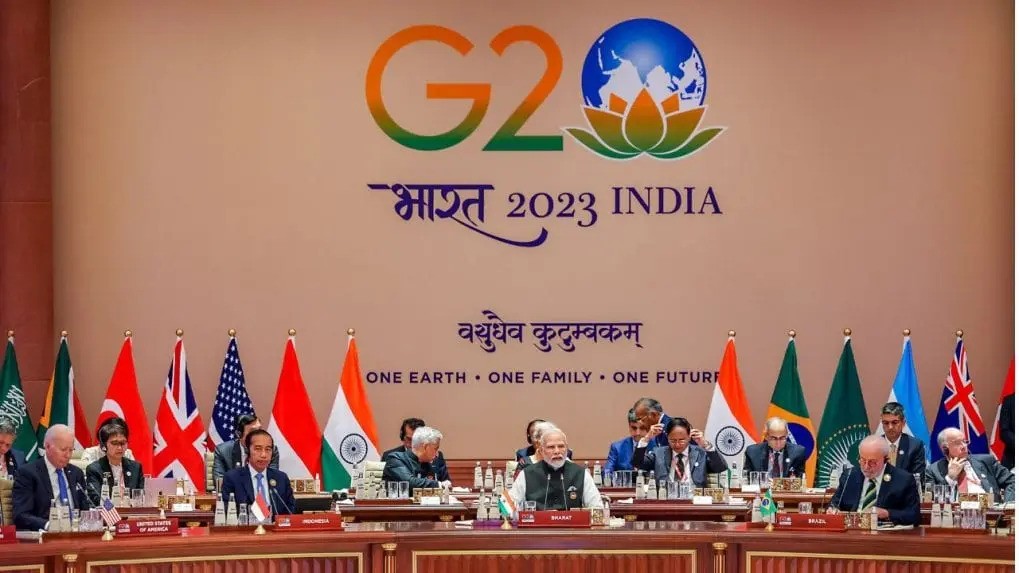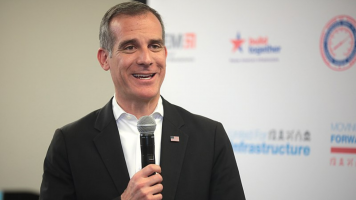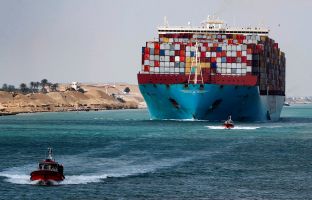Blog Detail
G20 Summit Unveiled: Five Crucial Insights for the World

Notwithstanding having acknowledged that there were certain stipulations made on the turmoil in the Ukraine and the need for environmental action, the G20 summit in New Delhi nevertheless proceeded to surpass expectations and reach agreement on a single declaration by world leaders. The G20 summit's ability to bridge divergent viewpoints and forge a consensus on critical global issues showcased its capacity to drive international cooperation and address pressing challenges.
Here are the summit's five most noteworthy moments up to this point:
1. The African Union, the group's newest member alongside a nation which has already represented 85% of the world's GDP, received a warm reception by the Group of 20 major economies as the weekend's events got underway.
The weekend's host and Indian Prime Minister Narendra Modi has described it as India's diplomatic coming of age and the opportunity for his nation to represent the demands of the Global South during its presidency.
With a ceremonial bang of a gavel, Modi welcomed African Union President Azali Assoumani to sit down with other world leaders to begin the summit's formal procedures.
Before the one that followed Saturday, the G20 consisted of 19 nations and the EU, with South Africa being the lone member from the continent. At full strength, the African Union has 55 members; however, six junta-ruled countries are now suspended.
2. The leaders of G20 are completely riven over the Ukraine war after the invasion of Moscow previous year with Vladimir Putin, the Russian President who is skipping the summit completely to escape political criticism. Dealing with the prospect of key diplomatic discomfiture, India has asked members to give consent to the basic static statement which has completely erased the prior war condemnation.
Also, G20 summits also criticised the incorrect and excess use of force for the regional gain however also refrained from the direct kind of criticism related to Russia. There was also a different set of views as well as assessments for these situations, as said in the statement of leaders.
Host India encouraged participants to agree on a collective statement that moderated its earlier rebellion of the war in order to avoid an enormous diplomatic controversy.
In the end, the G20 opposed the use of force to expand one's territory but avoided naming Russia specifically. The statement from the leaders stated that "there were various viewpoints and assessments of the circumstance." Oleg Nikolenko, a spokesman for the Ukrainian foreign ministry, criticised the assertion and claimed that the G20 had "nothing to be proud of."
3. Despite a UN report from a day earlier declaring the drawdown as "indispensable" toward achieving net-zero emissions, leaders were reluctant to come to an agreement on a phase-out of fossil fuels.
Around 80% of global emissions are produced by G20 countries, and the inability to reach an agreement on the phase-out casts a shadow over a crucial round of climate negotiations that will start in November in the oil-rich United Arab Emirates. Leaders must take more forceful, courageous action, according to Madhura Joshi, senior associate at climate research tank E3G.
But for the first time, the G20 endorsed the ambition of tripling the amount of renewable energy produced globe and made mention of the requirement that emissions must peak before 2025. It also stated that reducing greenhouse gas emissions by 43 percent from 2019 levels by 2030 is necessary to keep global warming to 1.5 degrees Celsius.
4. The ambitious scheme to establish a modern-day Spice Route interconnecting Europe, the Middle East, and India was unveiled by a large group that included the United States and Saudi Arabia.
If the project turns out well, it would build railways, ports, data and electricity networks, and hydrogen pipelines to balance out China's exorbitant behavioural infrastructure monetary expenditure.
One plan would connect ports and transportation networks around the Middle East, which could accelerate trade between Europe and India by up to 40%.
The recommendations are also promoted as a way that will let Israel and the Gulf Arab states' relations normalise. US President Joe Biden shook hands with Modi, Mohammed bin Salman, and other leaders after saying, "This is a real big deal." The unveiling of this project holds the promise of reshaping global infrastructure dynamics and fostering greater cooperation among nations in the years to come.
5. India has been swept away with rumours that the government's utilisation of the nation's English name will be discontinued for days. In the introduction he gave to the conference, Modi—who was positioned behind an Indian name plate that read "Bharat"—sent the most compelling signal yet of a future research change.
In accordance with the nation's constitution, the terms India and Bharat are officially accepted names for the nation. The word "Bharat," whose origins go back to ancient scripture and is rich in Hindu religious symbolism, signifies the way Modi himself most frequently refers to the nation in question.
The more common name in India, which has roots in Western mythology and came into being during the British occupation, has been strongly protested by critics of his Hindu nationalist party.







